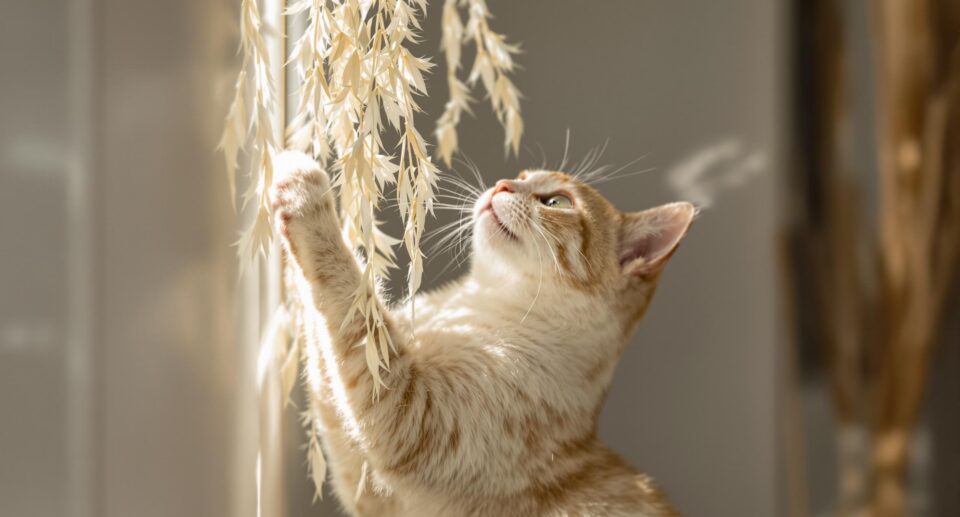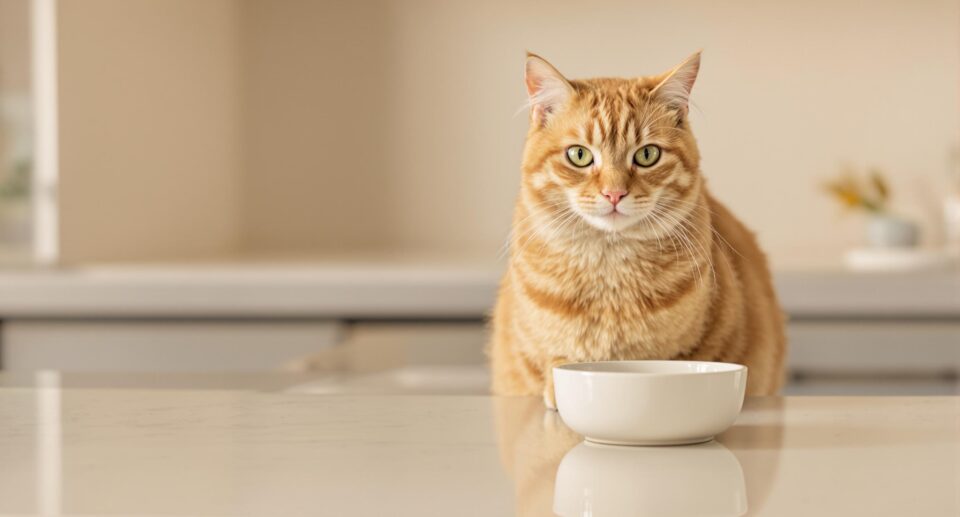How to Manage Your Cat’s Diabetes

Diabetes mellitus is an illness caused when sugar cannot enter the cells, which is needed to generate energy for the body. Without sugar, the cells are forced to use fat and muscle proteins. This use of fat releases ketones that can ultimately cause damage to cells in various organs.
Signs of diabetes in pets:
Increased appetite, weight loss and weakness, vomiting, lack of motivation to play, excessive water consumption, frequent urination, cataract development (dogs)
Type 1 and type 2 diabetes differences:
- Type 1 (cats and dogs) requires daily insulin injections
- Type 2 (cats) can be controlled with oral medication, exercise and a healthy diet. Type 2 diabetes is commonly associated with obesity.
Although there is no cure for diabetes, there are actions you can take to help improve your pet’s health.
Speak with your veterinarian if your pet displays signs of having diabetes.
If your pet has been diagnosed with diabetes, your veterinarian will likely require daily insulin injections or oral medication to help produce insulin in your pet’s body.
Your veterinarian may also recommend altering your pet’s diet. Dr. Dym suggests a homemade diet but also recommends Wysong due to it’s natural ingredients. If you’re unsure what to feed your pet, read our diet tips for diabetic pets.





